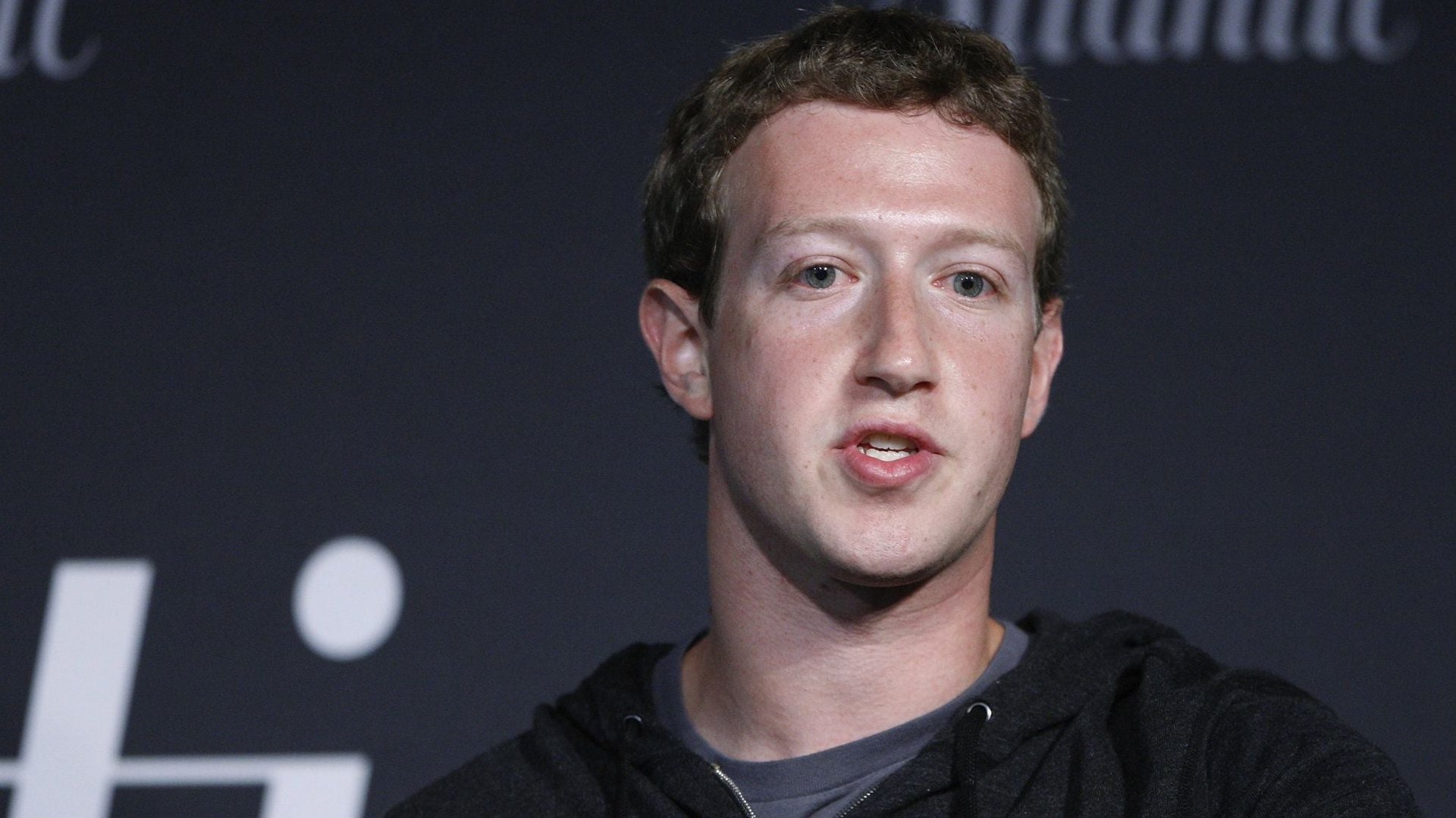Facebook is stuffing ads into the newsfeed because Zuckerberg is worried about losing his engineers
Facebook has a mission: Connect the world, specifically the five billion people it has not yet signed up for its gargantuan social network. The billions of dollars these connections generate in advertising revenues? Just an indirect means of keeping employees from jumping ship before the job is complete.


Facebook has a mission: Connect the world, specifically the five billion people it has not yet signed up for its gargantuan social network. The billions of dollars these connections generate in advertising revenues? Just an indirect means of keeping employees from jumping ship before the job is complete.
It drives Mark Zuckerberg “crazy” when Facebook critics claim the company is “doing something because the goal is to make a lot of money,” he told the Wall Street Journal in a lengthy profile published yesterday. But in the dark days after the company’s IPO, Zuckerberg changed his mind on allowing more intrusive newsfeed ads—not for the cash it would generate, but because it would allow the company to hang on to talented engineers. “I care about this because I want to retain my people,” he said in a meeting, according to the Journal.
Before Facebook went public, “if you brought up revenue in an argument with Zuck, you would lose automatically,” one former staffer told the Journal. But then came the disastrous IPO and a big decline in the company’s stock price. Facebook’s engineers were “worried that top management couldn’t relate to their financial stress because those executives owned so many Facebook shares that they were rich despite the stock’s slide.” So Zuckerberg made a suggestion:
“Why don’t we just explore ads in news feed?” he said, according to people at the meeting. Mr. Zuckerberg indicated that he would be open to the possibility of more types of ads there, including ones not tied to “likes.”
“Oh, my gosh, he’s actually open to it,” one executive present at the meeting remembers thinking. No one in the room asked Mr. Zuckerberg why. They were too worried he would change his mind.
Mission creep is nothing new for technology firms after they’ve gone public: Google started off with the motto “don’t be evil” and has since branched off into autonomous military robots. So the next time you’re confronted with an annoying auto-play video ad on your Facebook newsfeed, take heart: You’re interacting with an ad that will infinitesimally increase Facebook’s quarterly revenue, perhaps boosting Facebook’s share price just enough to convince a Facebook software engineer to stick around and help connect the world.